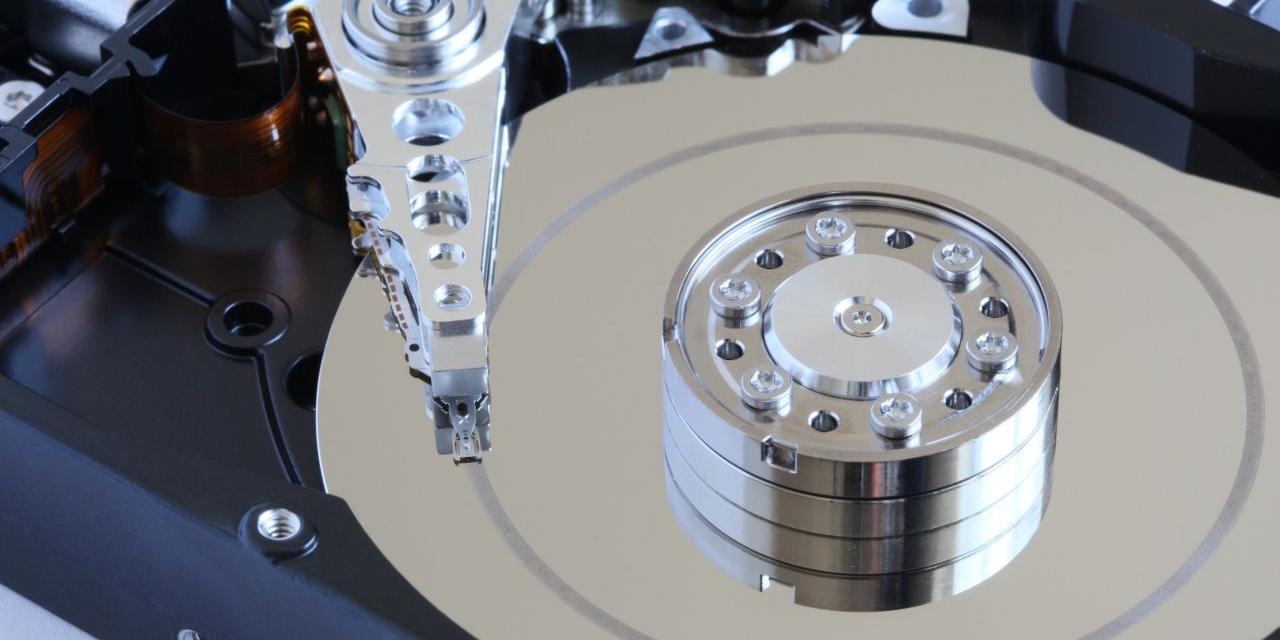
Seagate is being sued for the exceptionally high failure rate of its 3TB hard disk drives.
A class-action lawsuit was filed against Seagate in San Francisco on behalf of consumers, claiming that its Barracuda 3TB Hard Disk Drives and Backup Plus 3TB External Hard Disk Drives "routinely failed at exceptionally high rates, leaving consumers with broken hardware and significant loss of data."
The plaintiffs cite cases where Seagate hard disks that failed just a few days after their first use were replaced by similarly faulty ones.
The lawsuit was initiated by Christopher A. Nelson who lost "irreplaceable photos and documents" due to a complete unexpected failure of his Seagate hard drive. The dead hard drive was replaced by Seagate's warranty, but the replacement hard drive too failed in less than a year. "These hard drives failed to deliver on Seagate’s promises, and replacements from Seagate were just as defective, amounting to loss of data and wasted money for thousands of purchasers – something we believe to be direct violation of federal consumer-rights laws," said Steve Berman, managing partner of Hagens Berman.
The complaint states that these particular hard drives were marketed as innovative, fast, powerful, reliable, dependable, and having extremely low failure rates, when in reality, the failure rate of the drives was substantially higher than advertised. Consumers report them failing at an unprecedented rate – sometimes even days after their first use, according to the suit and reports published by Backblaze, a data backup company.
The lawsuit is asking for damages including replacement costs and damages from loss of data and data recovery expenses. All consumers who purchased Seagate’s Barracuda 3TB Hard Disk Drive, Backup Plus 3TB External Hard Disk Drive or another Seagate hard drive with model number ST3000DM001 are eligible to join the case.
The complaint text can be found here (pdf) and you can join the case here. Either way, you might want to avoid purchasing Seagate Barracuda and backup Plus hard drives until Seagate clarifies the matter and takes corrective actions. Keeping in mind that a lawsuit doesn't imply guilt, we have to note that this lawsuit is backed by a third party reports.








